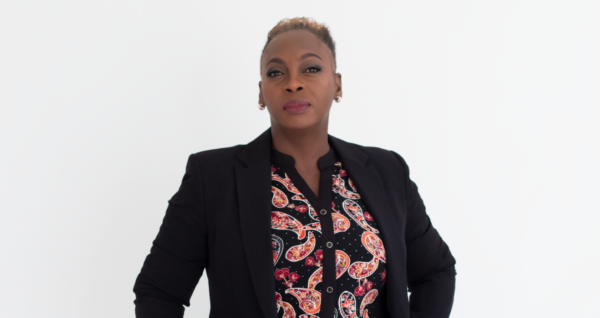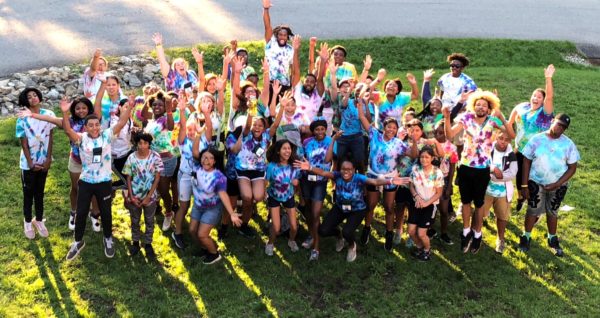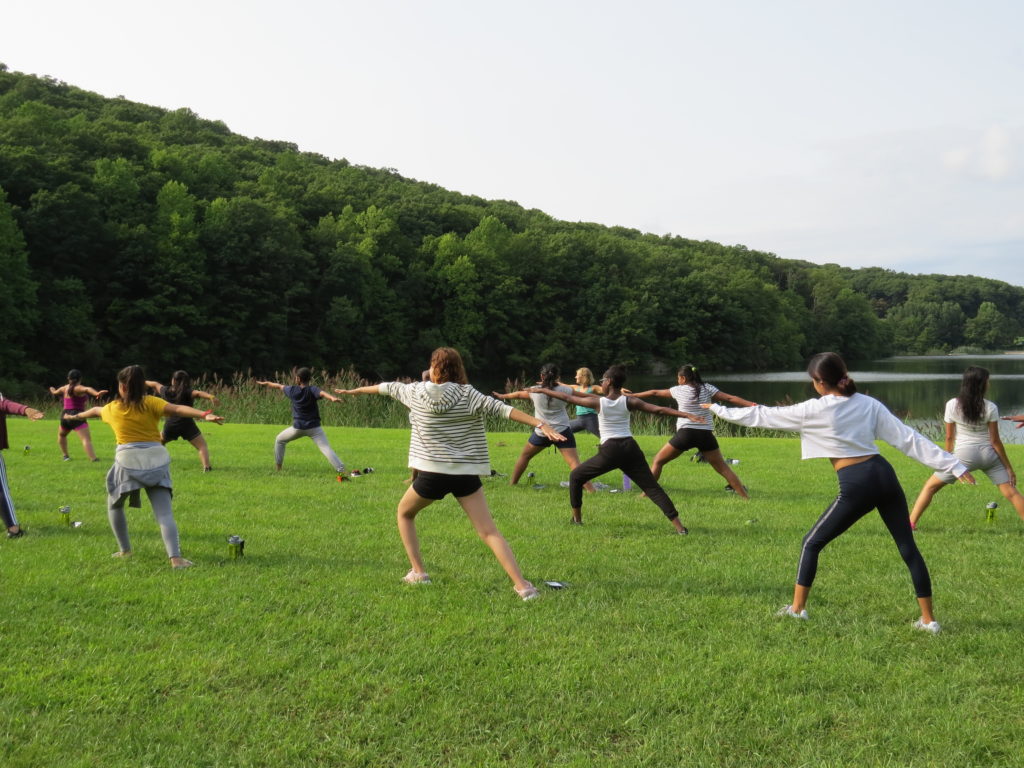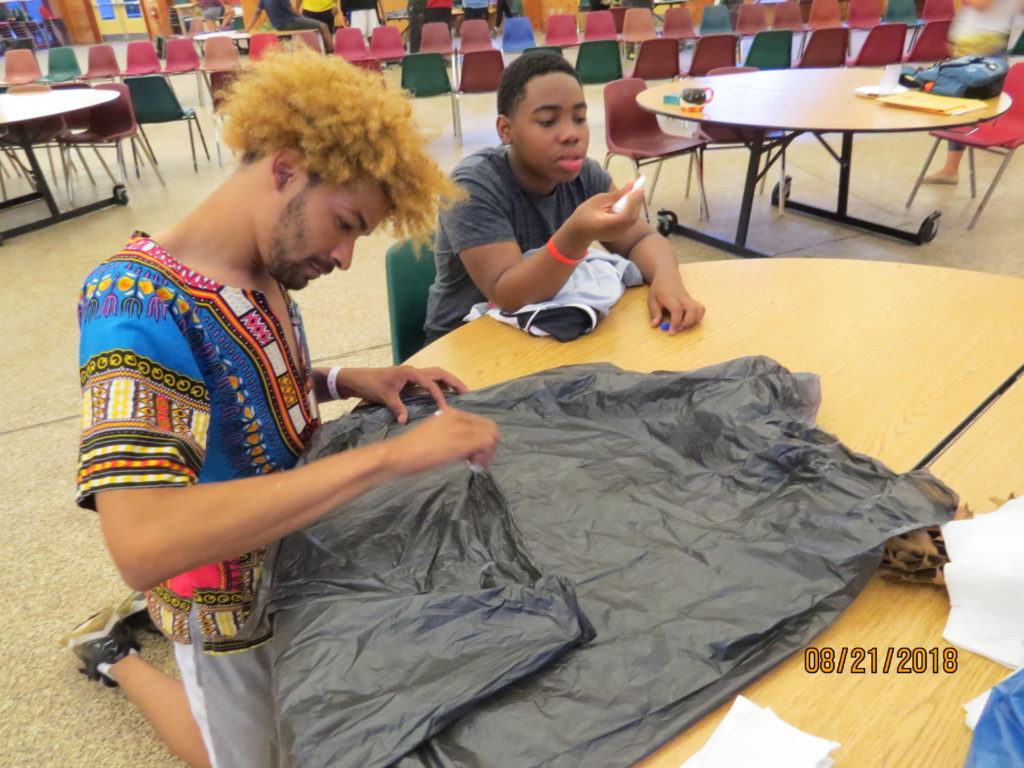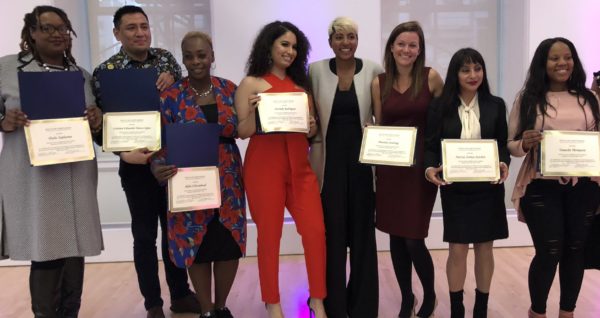“Laura” shares how our Economic Empowerment Program helped her rebuild her confidence and rediscover her sense of self.
The following speech was delivered by “Laura,” a survivor and graduate of Sanctuary’s Economic Empowerment Program (EEP), during the January 2021 graduation. Of the 43 graduates, three were selected by class vote to share their thoughts and experiences with the audience.
Read “Laura’s” speech:
Thanks to the Economic Empowerment Program I feel hopeful again, looking forward to a future of better possibilities. A vision I could have not conceived back in September 2020, when I had little strength to go on. The person I love the most in this world is my daughter “Isabel,” who is graduating with us today. The joy I feel for this major accomplishment is magnified because the program has changed her life too. Domestic violence affects our children deeply. I know now that we are finally on a good path to safety and stability — to rise above the ashes and aim for opportunities to maximize our potential. I am grateful to all of our teachers and mentors.
I would like to thank all the compassionate staff of this program, the volunteers, and board members of this organization, supporting women to overcome the devastating tsunami-like consequences of abuse.
I would like to congratulate all my classmates for the courage we demonstrated by studying hard, regardless of the emotional pain we were facing. We created a safe virtual community reminding one another, we are strong, intelligent, and deserving. It is my hope that we remain connected. Based on my experience, I know today that crisis intervention and related services are the immediate goals and steps of the survivor’s journey. It is important to note that programs like this one are also effective in helping us with our long-term objectives of continued safety while learning skills to be financially free and economically stable.
The EEP curriculum provides the full spectrum: it offers technology and hard skills training while preparing clients to be career-ready. It also includes amazing classes to remind us of our birthrights of equality and freedom — that WE CAN stand against our oppressors and that we are not alone. It helped me to look deeper into who I am, my identity, social justice, and the important role we as individuals play within the context of community. I received a well-rounded education from EEP. The program restored my love for literature, reading, civics, philosophy — and most importantly the belief that I CAN and that I am capable.
I stand here today convinced that together we can create a world of freedom from gender violence; because we count, we are smart and powerful women. We did it! And, EEP helped make that possible. As we move onward, I wish for all of us a world of better tomorrows. Thank you again to everyone for being part of this journey!
—
All names have been changed to protect the privacy of our clients.

